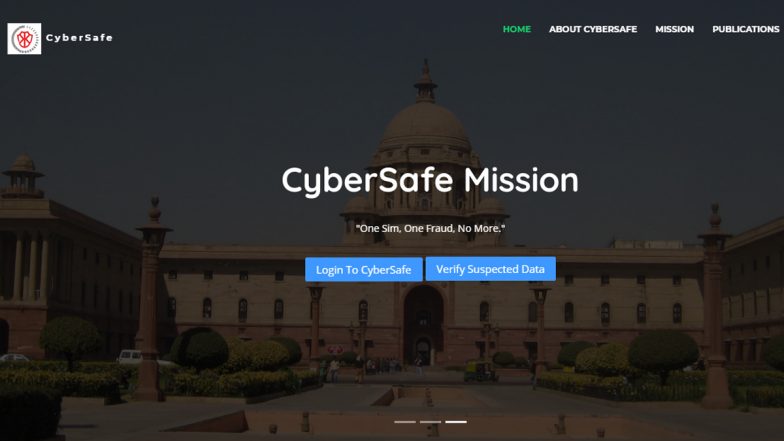India’s cybersecurity landscape is poised for a potential shift as the Home Ministry and the Ministry of Electronics and Information Technology (IT) advocate for greater control over the country’s primary cybersecurity agency. The contentious proposal, aimed at the National Critical Information Infrastructure Protection Centre (NCIIPC), has sparked debates among stakeholders and cybersecurity experts.
At the heart of the matter lies the government’s concern over safeguarding critical digital infrastructure from emerging cyber threats. The NCIIPC, currently under the National Technical Research Organisation (NTRO), plays a pivotal role in protecting India’s vital sectors such as power, finance, and telecommunications from cyber attacks. The Home Ministry asserts that aligning NCIIPC’s oversight under its ambit would enhance coordination and response capabilities during cyber incidents, crucial for national security.
Conversely, the IT Ministry advocates for a holistic approach, emphasizing the need for technological expertise in managing cybersecurity policies and operations. Citing the rapid evolution of cyber threats and the complex nature of digital networks, proponents argue that an integrated strategy under the IT Ministry would ensure agility and innovation in defense mechanisms.
Critics, however, express apprehensions over potential bureaucratic overlaps and jurisdictional conflicts that could arise from dual control. They highlight the delicate balance needed between national security imperatives and operational autonomy to effectively combat cyber threats. Moreover, concerns are raised regarding the implications for privacy and civil liberties amidst heightened governmental surveillance capabilities.
The proposal comes at a time when India faces increasing cyber espionage attempts and sophisticated ransomware attacks targeting critical infrastructure. Recent incidents have underscored vulnerabilities in sectors integral to the country’s economic stability and public welfare, prompting calls for robust cybersecurity measures.
Internationally, countries have adopted varying approaches to cybersecurity governance, ranging from centralized control to decentralized frameworks involving multiple stakeholders. India’s deliberations reflect a broader global trend where governments reassess cybersecurity strategies amid escalating digital dependencies and geopolitical tensions.
In response to these developments, stakeholders from the private sector and civil society advocate for transparent deliberations and inclusive policy frameworks. They stress the importance of balancing security imperatives with democratic principles and accountability, urging for clear delineation of roles and responsibilities in cybersecurity governance.
As discussions continue within governmental corridors and public forums, the future of India’s cybersecurity governance hangs in the balance. The outcome will likely shape the country’s resilience against cyber threats while influencing global perceptions of its digital security landscape. Amidst evolving challenges and technological advancements, stakeholders await a consensus-driven approach that ensures robust protection of critical infrastructure without compromising on fundamental rights and freedoms.




 BJP allies press for ‘special help’ ahead of budget
BJP allies press for ‘special help’ ahead of budget 